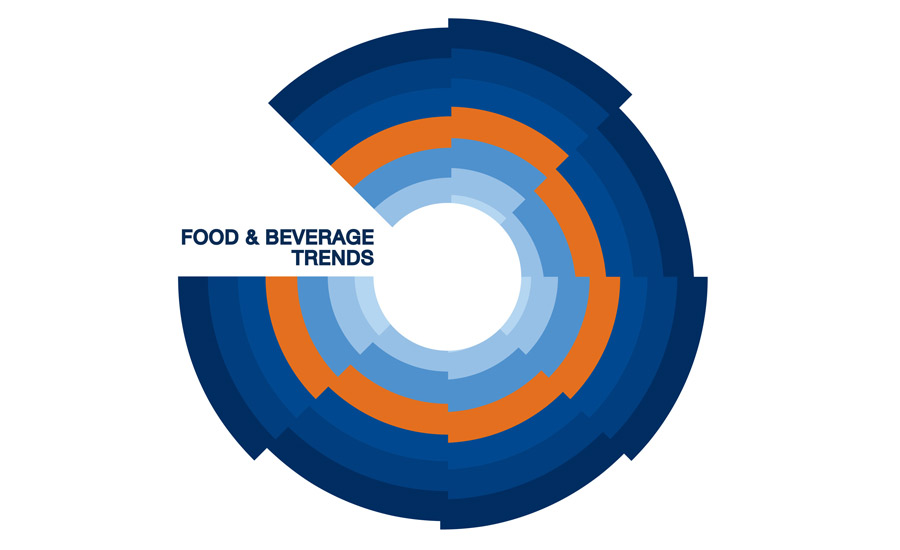Coefficient Capital, a venture capital firm focused on digitally powered omnichannel consumer brands, partnered with The New Consumer, a publication about how and why people spend their time and money, released Consumer Trends 2021, a new report examining consumer behaviors that were forever changed by COVID-19.
The Consumer Trends report is based on extensive research from a range of proprietary and public data sources. Coefficient Capital and The New Consumer worked with Toluna, Inc. to survey 3,500+ US consumers on shifting behaviors resulting from the COVID-19 pandemic. The survey, conducted in November 2020, asked consumers about their spending habits, consumption patterns and other behaviors related to food & beverage, fitness, alcohol and beauty. Earnest Research, a data analytics firm, also provided custom data on consumer spending and foot traffic for the report.
The report finds that a majority of consumers have adopted new behaviors that they prefer — even as we head into 2021 and vaccines become more readily available — with billions of dollars worth of spending at stake.
Some of the Consumer Trends findings include:
COVID-19 drove record e-commerce sales this year and forced new lifestyles and habits. Consumers prefer many of their newly adopted behaviors, suggesting they will continue beyond the pandemic:
• 52% of Millennials and 44% of Gen. Z prefer online grocery shopping.
• 81% of Millennials and 50% of Gen. Z prefer working out at home.
• Online grocery adoption hit an inflection point in the US in 2020, more than twice its initially predicted volume. And it’s poised to accelerate, further transforming a $1 trillion industry:
• 36% of Gen. Z and 30% of all consumers say they’ve been shopping for food and beverage online more during COVID-19.
• Consumers are unbundling their shopping carts, spending with internet-native grocers, delivery apps, and directly with brands. About one fifth of consumers say they prefer to buy food and beverages directly from brands’ websites.
Consumer behavior in beauty and skincare has fundamentally changed, favoring more and smaller brands:
• Younger consumers are unbundling the legacy beauty industry and using more brands: 48% of Gen. Z say they use four or more brands in their beauty routines, compared to 23% of the Baby Boomer generation.
• Beauty brand preferences vary by generation: Gen. Z consumers reported using Anastasia Beverly Hills, Fenty, and Kylie, while Millennials reported using Glossier, Charlotte Tilbury, and ILIA.
Home fitness is now the default, and looks like it’s here to stay, with $100 billion in global health club spending up for grabs:
• 82% of Millennials and 76% of all consumers say they’ve switched to exercising more at home during COVID-19.
• 81% of Millennials and 66% of all consumers say they prefer it.
Americans love their hard seltzer, and low- and no-alcohol drinks have become part of many COVID-era routines:
• 45% of Millennials say they’ve been drinking hard seltzer during COVID-19.
• 36% of Millennials say they’ve been drinking canned cocktails.
• 24% of Millennials say they’ve been drinking non-alcoholic beer.
• 22% of Millennials say they’ve been drinking non-alcoholic spirits.
The future of consumer starts small:
• Emerging communities that were initially considered niche, su
• Oat milk was the fastest growing food category at retail during COVID-19, according to Nielsen.
• 30% of Gen. Z and Millennials have tried oat milk in the past six months.
Changed Forever: What 2020 Did to Consumer Behavior
New report reveals how COVID-19 accelerated major shifts in spending and attention
